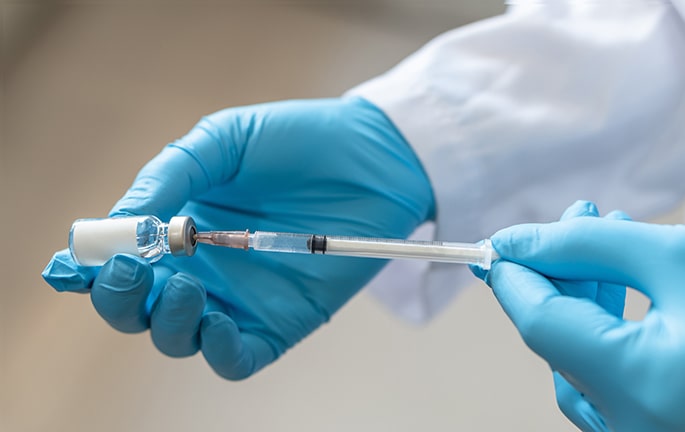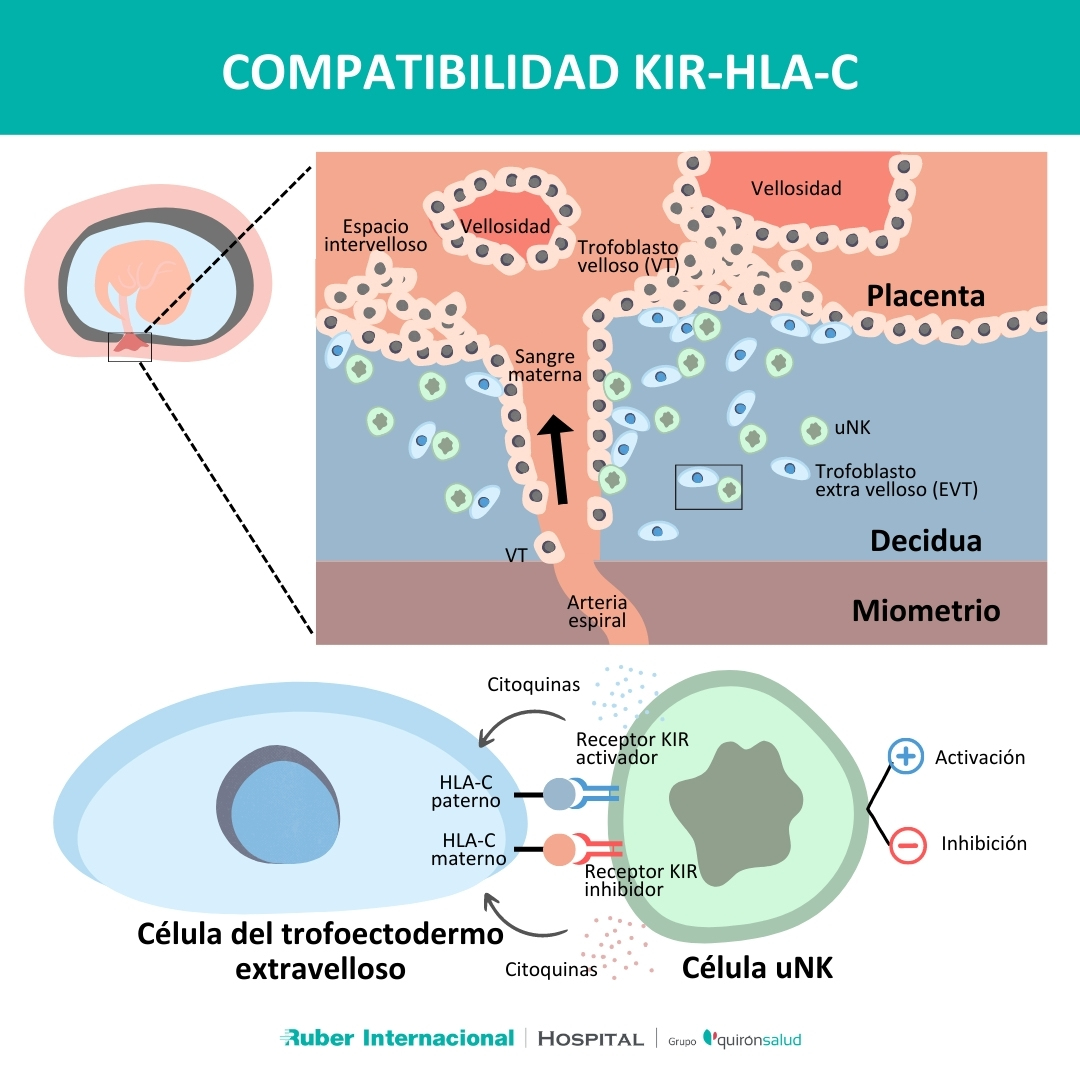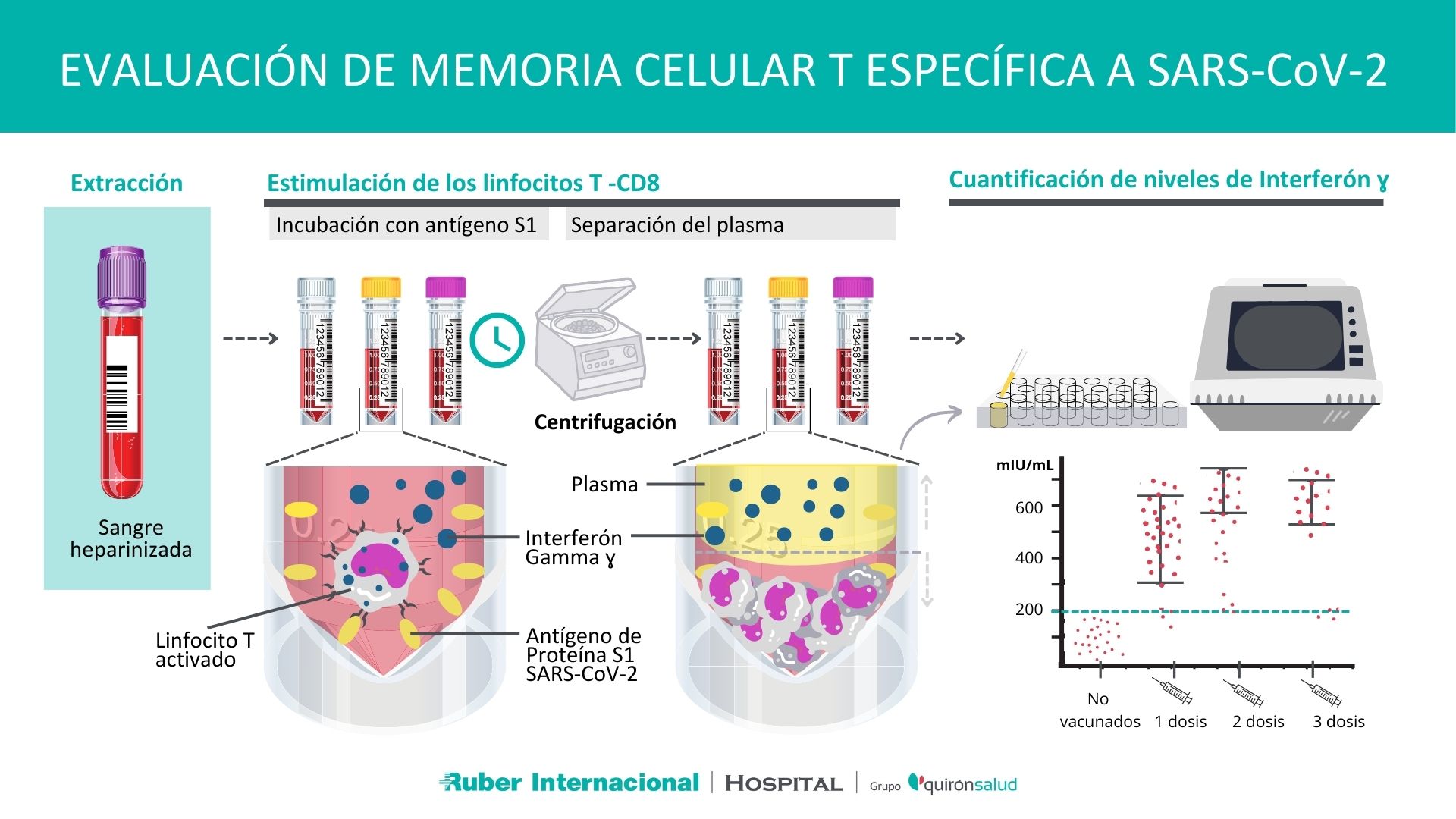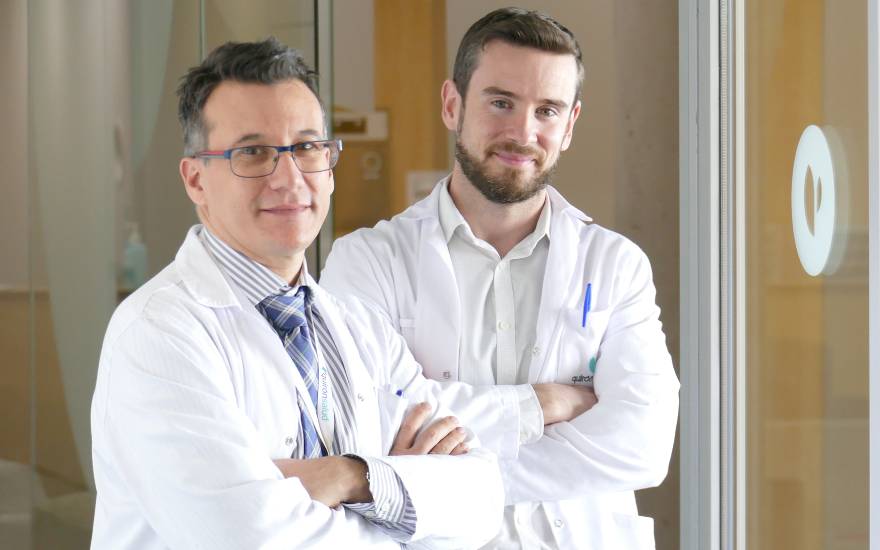Immunology
Get answers to all your questions about immunology, its field of study, the most common techniques it uses, the diseases it treats, and the main symptoms that may appear. We explain what to expect and how to prepare for a consultation with an immunologist. Schedule your appointment at one of our hospitals.

What is immunology?
Immunology is a branch of medicine focused on studying the body’s defense mechanisms against foreign elements. Each person has a unique immune system, so doctors specialize in analyzing how each patient’s defenses behave to understand their function and diagnose potential diseases.
What does immunology study?
Immunology focuses on studying the body's defenses and how they generate antibodies to fight against antigens. To explore the different aspects of this field, the immunologists at Quirónsalud specialize in various units:
- Allergy Unit: Diagnoses and treats inappropriate reactions of the body to substances that are normally harmless.
- Autoimmunity Unit: Investigates the production of autoantibodies in patients to identify the origins of autoimmune diseases, which cause the immune system to attack healthy tissues.
- Human Leukocyte Antigen (HLA) Unit: Studies the genes that enable the body to distinguish between its own cells and foreign organisms.
- Immunotherapy Unit: Develops specific techniques, such as vaccines or adoptive cell therapy, for the treatment of autoimmune diseases or certain types of cancer.
- Immunodeficiency Unit: Focuses on patients with a reduced ability to fight infections.
Who is it for?
This specialty treats patients with immune system disorders or deficiencies who present with some form of immunological disease. Additionally, it provides appropriate treatment for transplant recipients to prevent rejection.
Techniques, procedures, and diagnostic methods
Many procedures are used to assess a person’s immune response or to detect antibodies in the body. Laboratory techniques have advanced significantly in recent years, allowing for highly reliable results. Some of the most commonly requested tests include:
- Blood test: Performed to detect the levels of white blood cells, glucose, or immunoglobulin in the serum.
- Lumbar puncture: Analyzes a sample of cerebrospinal fluid for signs of autoimmune neurological diseases.
- Antigen tests: Used to detect the presence of specific antibodies in the body.
- Genetic tests: Identify genetic causes of immune system dysfunction.
Diseases and symptoms
Major diseases and conditions
Some of the diseases treated by immunology specialists include:
- Multiple sclerosis
- Lupus
- Rheumatoid arthritis
- Diabetes
- Celiac disease
- Chronic granulomatous disease (CGD)
- Sjögren’s syndrome
- Primary biliary cholangitis
- Graves’ disease
- Hemolytic anemia
Related symptoms
The main symptoms associated with immune system disorders include:
About the immunology consultation
We solve any doubts you may have before you see the specialist
It is advisable to schedule a consultation with an immunologist if you experience recurrent infections, repeated miscarriages, have undergone a transplant, suffer from a severe infection, or have inflammatory issues. In most cases, patients are referred to the consultation by other specialists.
What should you keep in mind?
During the first consultation, as in all medical specialties, the immunologist will take the patient’s medical and family history and perform a routine physical examination. If necessary, they will request additional tests to gain a more comprehensive understanding of the case.
What should I bring to the consultation?
It is recommended to bring all previous test results, a list of symptoms experienced, and relevant past medical conditions.

If you have any further questions, please contact us through the Patient Services telephone number: 900 301 013






























